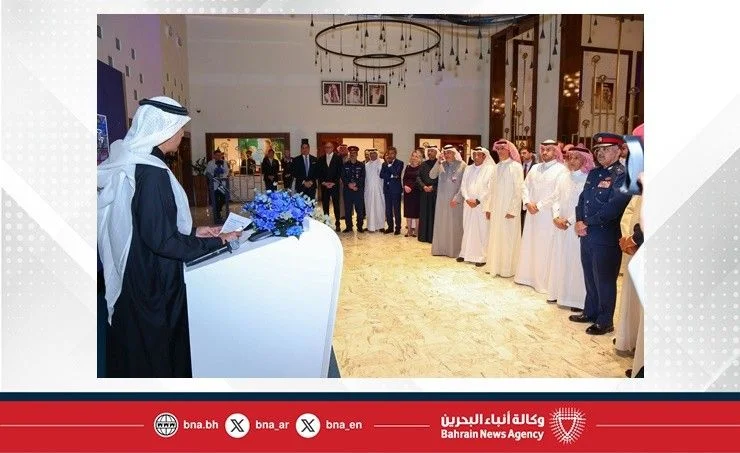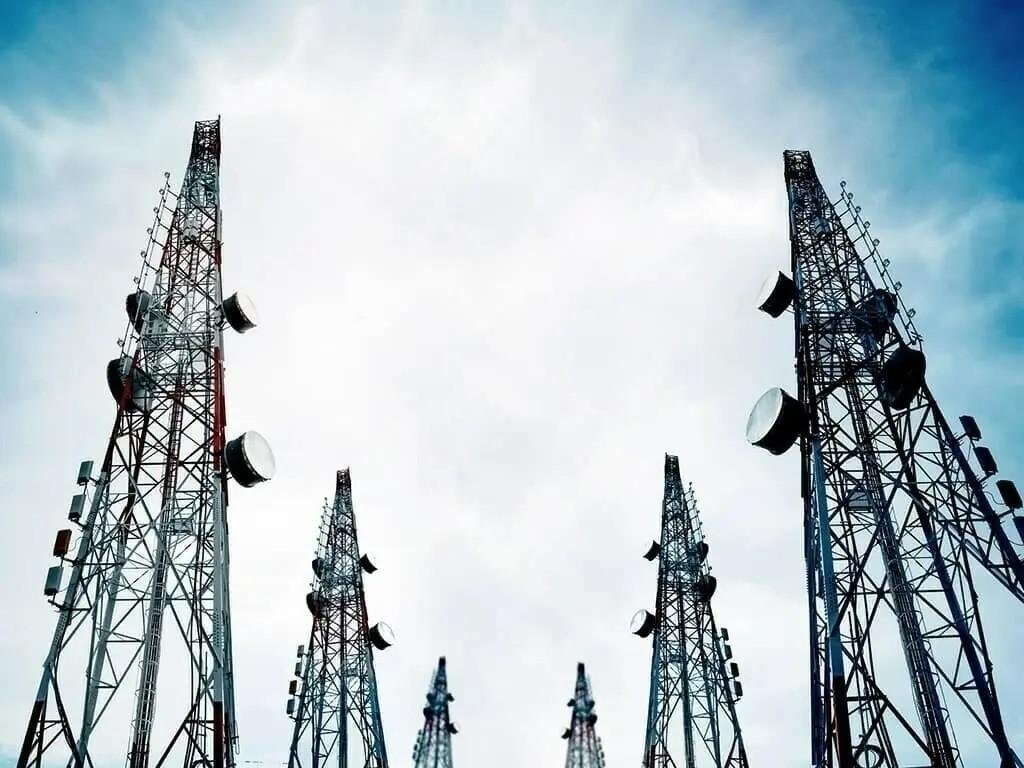The Bangladesh Telecommunication Regulatory Commission (BTRC) has proposed stricter quality of service (QoS) benchmarks for mobile operators in an effort to better protect user interests. This new draft includes significant changes, such as reducing the call drop rate ceiling from 2 percent to 1 percent and increasing the call setup success rate standard from 97 percent to 98 percent. The voice call setup time has also been shortened from 8 seconds to 7 seconds, while a new benchmark has been introduced for Voice over Long-Term Evolution (VoLTE) technology, setting the call setup time at a maximum of 3 seconds.
VoLTE, a technology enabling high-quality voice calls over 4G LTE networks, will play a key role in improving communication efficiency. In addition to these changes, the mobile internet upload speed requirement has been raised from 2 Mbps to 4 Mbps, and mobile data latency is now capped at under 50 milliseconds. The broadband sector will also see new rules, with Internet Service Providers (ISPs) required to meet 75 percent of the subscribed download speed and 50 percent of the upload speed.
The BTRC’s new guidelines are designed not only to safeguard consumer interests but also to foster a competitive market and encourage innovation. The regulatory framework aims to improve customer satisfaction, service quality, and trust within the telecommunications sector, while promoting fair competition. Furthermore, the BTRC will assess the performance of service providers through random or complaint-based checks, including inspections, drive tests, and other methods.
The draft also includes penalties for operators that fail to meet the established standards, including administrative fines under the Bangladesh Telecommunication Regulation Act, 2001. A telecom expert, Mustafa Mahmud Hussain, hailed the guidelines as a step toward aligning Bangladesh’s QoS with global standards but suggested incorporating satellite broadband and IoT provisions.
Despite the new regulations, local mobile operators have struggled to maintain current standards, with Grameenphone, Robi, Banglalink, and Teletalk failing to meet the BTRC’s performance criteria in recent drive tests. These results were met with resistance from operators, who disputed the findings and expressed concerns about potential confusion among the public regarding their network performance.















